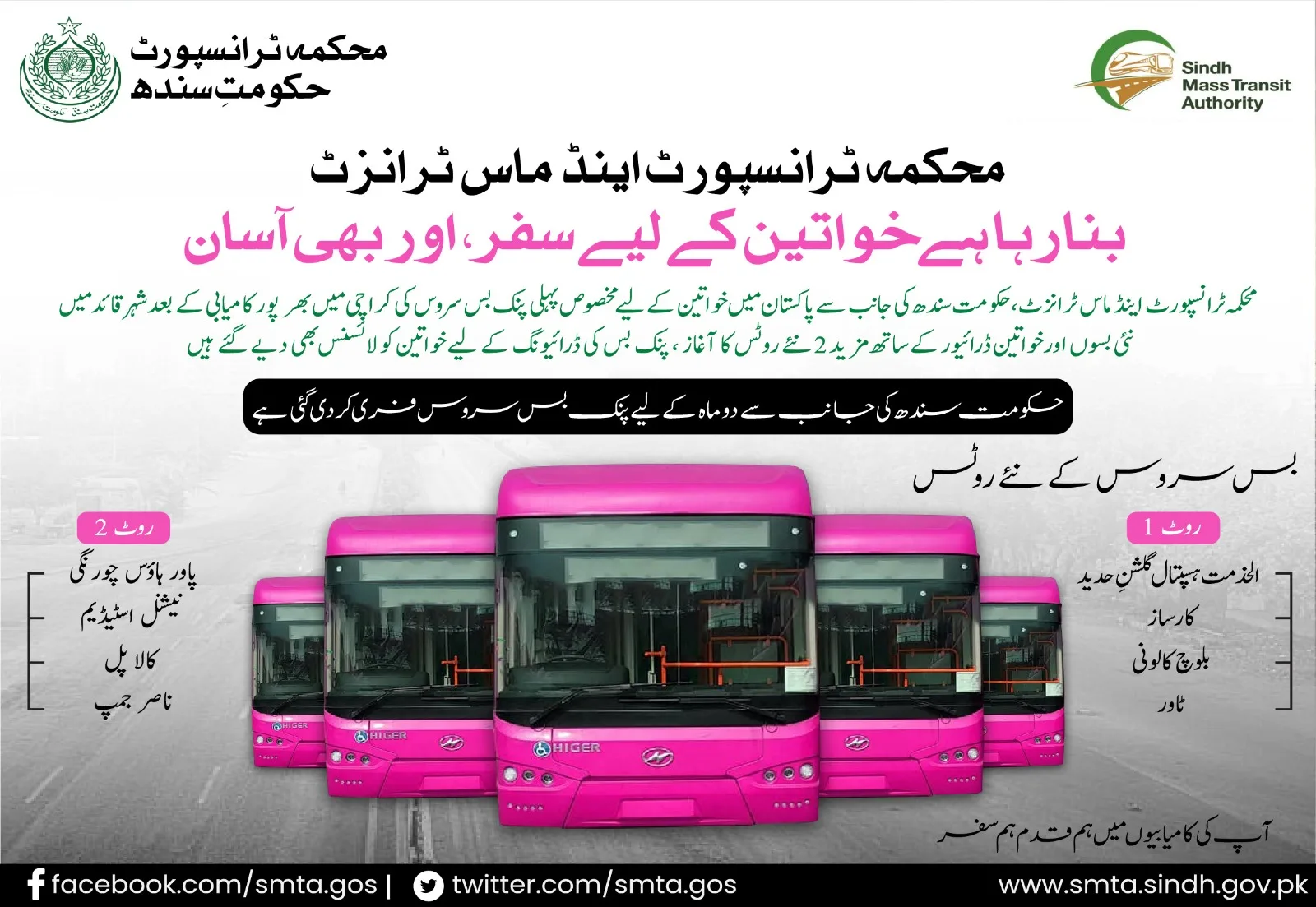Climate Change: A Threat to Our Cities

Climate change is a serious threat to sustainable urban development, which puts many cities at risk. In the past 30 years, the incidence of so-called natural disasters in the world has almost quadrupled, leading to rising human and economic losses. Although there are many uncertainties in the extent and frequency of hazards and their specific impacts, changes in global and local weather patterns and dynamics may cause the incidence of floods, droughts, wildfires, and landslides to increase significantly. According to UN-Habitat, without effective adaptation, climate change will inevitably increase the sensitivity of urban societies. The melting of land-based ice may cause a long-term sea-level rise and may inundate large amounts of coastal land. Historically, cities have often been regarded as refuges for disasters and buffer zones for environmental change. However, according to UNDP, they are better described today as hot spots of disasters and risks. The rising sea levels and dramatic changes in weather patterns caused by the continued global warming may accelerate the destruction of the economic system and the displacement of coastal communities and port facilities.
The shortage of food and water supply, the increase of diseases, more health and security risks brought by natural disasters, and large-scale population migration. Secondary effects may include the possibility of civil unrest and war. The environmental changes faced by human beings are closely related to the complex urbanization process and occur at an unprecedented speed and magnitude (EEA, 2012). As a result, city authorities increasingly face the challenge of finding ways to incorporate adaptation strategies into their work. As an adaptation to climate change is still a relatively new field of activity, the relevant knowledge and capabilities are still scarce and fragmented (UNISDR).
Although planners and planners are generally considered responsible and capable of adapting to the specific role of disaster and climate risk (IPCC), it is often unclear what actions to take and the related responsibilities of city authorities. Efficient urban Planning and organized urban design measures can significantly lessen the frequency and distance of vehicle trips by organizing human activities in compact communities of various housing types, providing reliable transportation to and from workplace, and offering services within walking distance.
Stay tuned to Baaghi TV for more. Download our app for the latest news, updates & interesting content!












